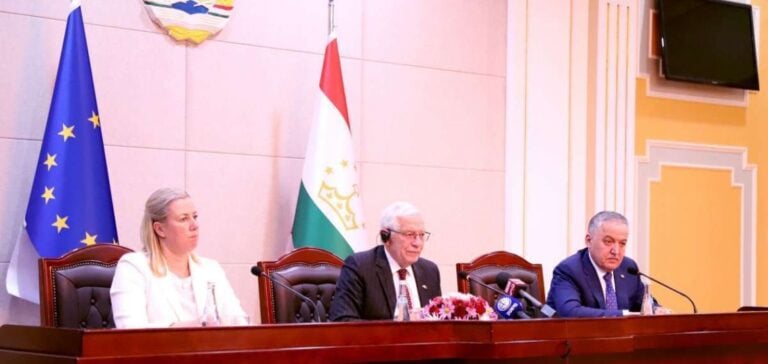The European Union is stepping up its support for Tajikistan in the energy sector. The announcement by Sarah Rinaldi of the European Commission of a further 16 million euros for the Sebzor hydroelectric plant marks a decisive step forward. On a regional scale, hydroelectric power in Central Asia is set to experience a boom until 2035, albeit unevenly from country to country. This financing completes a total investment of over 70 million euros. The objective is clear: to complete construction of the hydroelectric plant and its associated network. The project is part of a drive to ensure energy security in the Gorno-Badakhshan autonomous region.
A cross-border impact
Sebzor’s project is not limited to the borders of Tajikistan. He extends his influence to Afghanistan, promising electricity and sustainable development. From schools and hospitals to businesses and homes, thousands of lives will be affected.
The Sebzor power plant: A development hub
Located on the Shokhdara River, the Sebzor power plant is an ambitious project. Its completion represents a major milestone in Tajikistan’s energy development. In addition to its technical aspects, the project is a vehicle for regional cooperation, illustrating the EU’s role in promoting renewable energies in Central Asia.
Rinaldi’s visit to Tajikistan and his participation in the meeting of the subcommittee on development cooperation between the EU and Tajikistan testify to a solid partnership. This interaction is part of the EU-Tajikistan bilateral program for 2021-2027. It reflects a shared ambition to strengthen energy resilience and sustainable development.






















